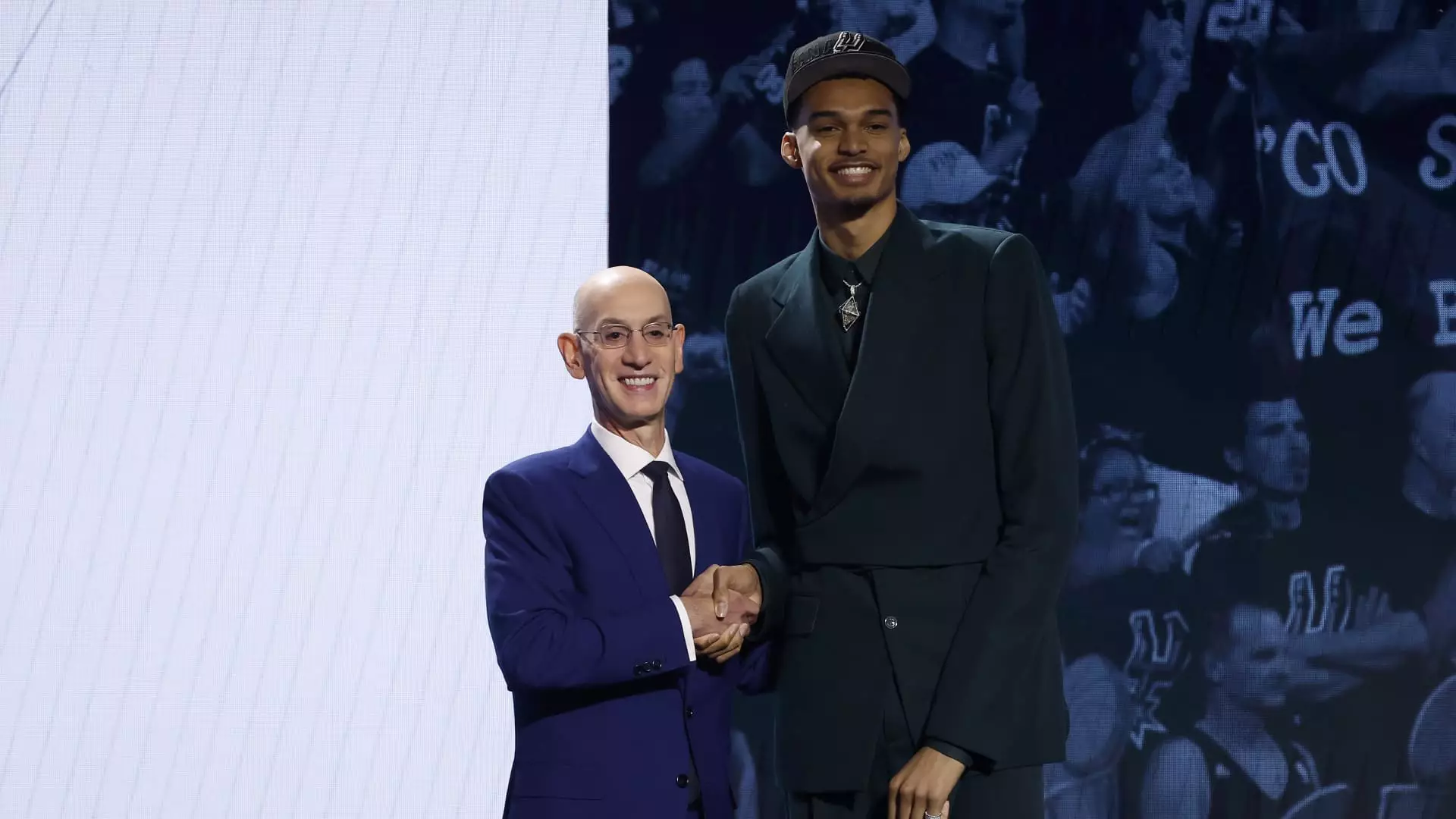Warner Bros. Discovery recently informed the National Basketball Association (NBA) that it plans to exercise its matching rights for a package of games that were originally meant for another company. The target of the deal is the agreement between NBC and Amazon Prime Video, as per a reliable source. The company expressed its commitment to maintaining its long-standing partnership with the NBA by submitting competitive bids during negotiations, whether exclusive or non-exclusive. However, Warner Bros. Discovery was informed by the league about its decision to accept other offers for the games included in the current rights package, forcing it to utilize the matching rights provision stipulated in their existing agreement.
Following a thorough review of all offers, Warner Bros. Discovery decided to match one of them in order to ensure that fans can continue to enjoy their top-notch game productions and studio shows. The necessary paperwork for the matching process was promptly submitted to the NBA, and the company eagerly awaits the execution of the new contract. This opportunity was made possible by the matching rights obtained by Warner Bros. Discovery in its previous deal with the league, which is set to expire after the upcoming season. In essence, these rights enable the company to mirror the payments made for any games aired on TNT under the current agreement.
One of the key questions arising from this situation involves the extension of these rights to an all-streaming package, similar to the one secured by Amazon. Warner Bros. Discovery possesses its own streaming service, Max, which could potentially broadcast the games, although Amazon Prime Video boasts a significantly larger global customer base of over 200 million compared to Max’s 100 million. Moreover, Amazon’s robust status as a standalone company with a market capitalization nearing $2 trillion far surpasses Warner Bros. Discovery’s $20 billion valuation, raising potential concerns about the company’s future viability.
If the NBA chooses to deny Warner Bros. Discovery’s entitlement to match the Amazon package, the next steps remain uncertain. Legal actions, such as a possible lawsuit against the league, could ensue, or an amicable resolution might be reached through negotiations. However, constructing a new package of games seems unlikely, as recent discussions about a fourth package failed due to preexisting agreements with Disney, Comcast, and Amazon, all of whom are prepared to pay premium prices for exclusive game rights.
The intricate dynamics surrounding the distribution of NBA games highlight the importance of stable broadcast partners with substantial market valuations. While Disney and Comcast’s NBCUniversal have secured lucrative packages, Warner Bros. Discovery’s lower valuation and strategic direction under CEO David Zaslav introduce additional uncertainties into the equation. The league’s preferences towards minimizing consumer confusion and subscription limitations further complicate the negotiation process, underscoring the need for cohesive and mutually beneficial agreements between all parties involved.
Warner Bros. Discovery’s active exercise of its matching rights for NBA games signifies its commitment to providing fans with exceptional content and ensuring its longstanding partnership with the league endures. The evolving landscape of media and entertainment presents both challenges and opportunities for companies vying for exclusive rights, forcing stakeholders to navigate complex negotiations while upholding the best interests of fans and viewers. As the saga unfolds, the decisions made by the NBA and its broadcast partners will ultimately shape the future of sports media distribution and consumption.

